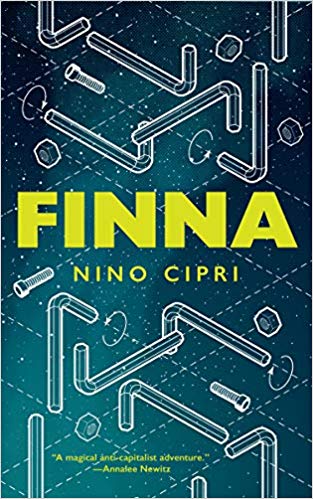 Finna by Nino Cipri
Finna by Nino Cipri Format: eARC
Source: supplied by publisher via NetGalley
Formats available: paperback, ebook
Genres: science fiction
Pages: 144
Published by Tor.com on February 25, 2020
Purchasing Info: Author's Website, Publisher's Website, Amazon, Barnes & Noble, Kobo, Bookshop.org
Goodreads
Nino Cipri's Finna is a rambunctious, touching story that blends all the horrors the multiverse has to offer with the everyday awfulness of low-wage work. It explores queer relationships and queer feelings, capitalism and accountability, labor and love, all with a bouncing sense of humor and a commitment to the strange.
When an elderly customer at a Swedish big box furniture store -- but not that one -- slips through a portal to another dimension, it's up to two minimum-wage employees to track her across the multiverse and protect their company's bottom line. Multi-dimensional swashbuckling would be hard enough, but those two unfortunate souls broke up a week ago.
To find the missing granny, Ava and Jules will brave carnivorous furniture, swarms of identical furniture spokespeople, and the deep resentment simmering between them. Can friendship blossom from the ashes of their relationship? In infinite dimensions, all things are possible.
My Review:
I’ve always believed that Ikea stores and shopping mall parking lots were designed on the “Hotel California” principle. As in “you can check out any time you like, but you can never leave.”
There’s something simultaneously comforting and horrifying about the maze-like sameness of Ikea stores, or in this case, their lookalike LitenVärld ™ stores. It doesn’t seem all that far-fetched to believe that those features which make it so easy to get lost inside the store would also make it much too easy for one store to bleed into another that is almost-but-not-quite the same.
At that point, a wormhole between the multiverse of oh-so-similar stores doesn’t seem all that far out of the realms of possibility. And that seems like the place where the idea behind Finna was born. Inside one of the faux-apartment layouts at Ikea – the ones you wouldn’t want to live in even in extremis. Like Edgelord Rockabilly Dorm Room, Pastel Goth Hideaway and Nihilist Bachelor Cube..
(Seriously, the names that Ava has come up with for the various stage-set arrangements are pure gold, hilarious, mocking and much too true all at the same time. Next time I’m in Ikea I’m going to be looking for all of them and trying to make up more!)
While it seems like Ava is making the best of this ultimately dead end job, her descriptions of work life and working conditions in this minimum wage corporate box let the reader feel just how soul-killing the place is. And that’s before Ava’s day descends into the worst of all possible worlds.
She has to work her shift with her ex. Her literally just-broken-up-with ex. The wounds from their breakup aren’t just still raw, they’re still bleeding.
And then a customer’s grandmother gets lost in a wormhole. Grandma Ursula has wandered into the multiverse, and it’s up to the two employees with the least seniority – of course that’s Ava and her ex – to take the FINNA device into who-knows-where and face who-knows-what in order to get her back.
Hell just got even more hellish – and so are some of those alternate LitenVärld ™ stores. The one where they discover that the Venus-flytrap chairs ate Grandma isn’t nearly the worst.
The clone swarms are the worst. Definitely the worst – and the most persistent. But they also allow Ava and Jules to find the next-best match to their search through the multiverse. And possibly to the best match for their own futures, whether separately, together or somewhere in-between.
Escape Rating A-: Part of what allows this story to work so well, and to feel so complete, at its relatively short length is the setting. We all know that this is Ikea, we all know what Ikea stores are like, and we all have opinions about their layout, their furniture and their culture. We’ve probably also all eaten the Swedish meatballs.
So the opening setting for the story doesn’t need to be described in any depth. We’ve all been there. Probably multiple times. And probably still have the furniture to prove it. In my case it’s at least a dozen Billy bookcases – with those terrible hex screwdrivers and extra bolts in random drawers all over the house. Still.
The familiarity of that setting allows us to get inside Ava’s head quickly and makes it easy for us to see what she sees because we’ve already been there. And that’s when the story really takes off for the multiverse.
A part of me wants to call this a coming-of-age story, but it isn’t really. Both Jules and Ava are adults. Except that adulting is what they are struggling with. Their jobs are soul destroying and yet they are trapped in this life and can’t see a way out. Being an adult means being responsible for yourself, and that’s something they’re both ultra-aware of and equally aware that they are failing at – or at least they feel that way.
That’s where their romantic relationship fell apart. Ava is anxious about everything and Jules needs to fix everything. Their clashing neuroses drove them apart as Jules wanted to fix what was wrong with Ava – making her feel even more broken and incapable – while Ava worried about everything Jules did that created chaos – which was often.
Their strange journey forces them to get past what happened and work together – even as Jules’ penchant for chaos creates even more of the stuff. At the same time, it’s Jules’ wanderlust and desire to see what’s over the next horizon – or through the next wormhole – that keeps them moving forward. And in a situation where ALL of Ava’s anxieties have literally been made manifest, her very real worries allow her to let her self-created worries slip to the background.
In working together they discover that they still mean something to each other – just not necessarily what their all-consuming, über-fast slide into romance thought that might be, or ought to be.
In the end, they manage to reach out for a future that might include each other, or it might not. It’s Schrödinger’s relationship, with all of the possibilities still there in the box. All possibilities exist simultaneously – they just have to pick one.
Just not the one with the swarm of bloodthirsty clones.

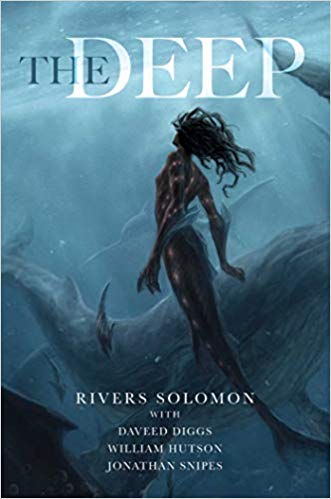 The Deep by
The Deep by 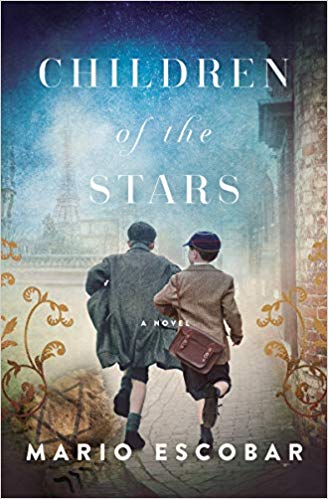 Children of the Stars by
Children of the Stars by 

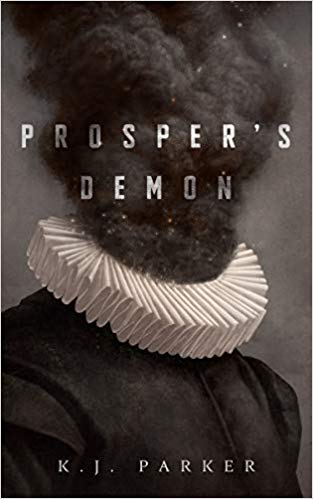 Prosper's Demon by
Prosper's Demon by 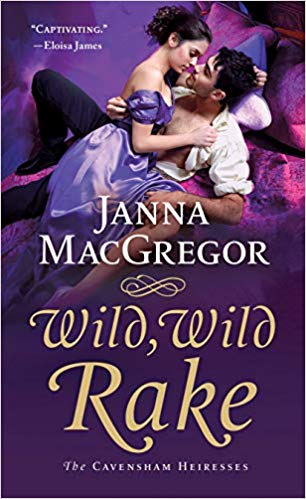 Wild, Wild Rake (The Cavensham Heiresses #6) by
Wild, Wild Rake (The Cavensham Heiresses #6) by 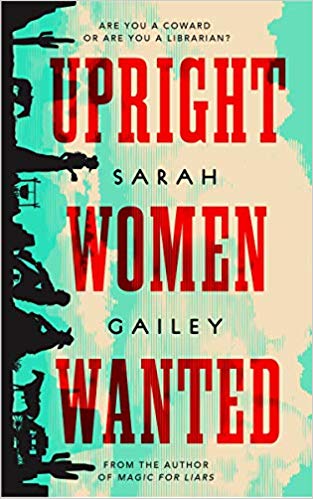 Upright Women Wanted by
Upright Women Wanted by 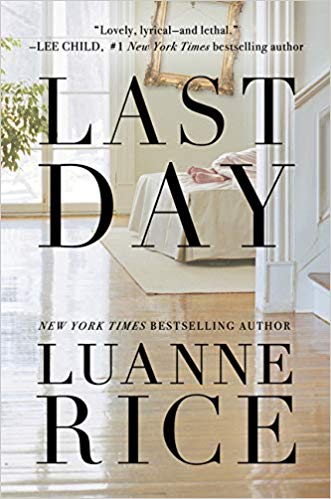 Last Day by
Last Day by 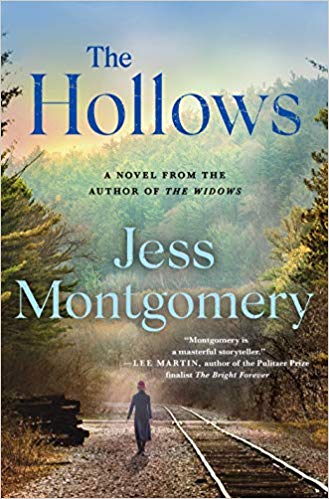 The Hollows (Kinship #2) by
The Hollows (Kinship #2) by  But this is also a work of fiction, and it’s a story that is wrapped around its strong female characters. Not just Lily Ross herself, but also her friends Hildy and Marvena as they each find their way after the tragic events of the previous book in this series,
But this is also a work of fiction, and it’s a story that is wrapped around its strong female characters. Not just Lily Ross herself, but also her friends Hildy and Marvena as they each find their way after the tragic events of the previous book in this series, 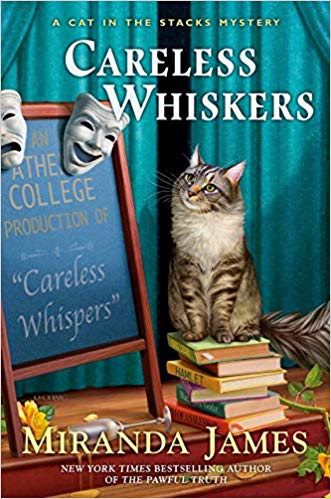 Careless Whiskers (Cat in the Stacks #12) by
Careless Whiskers (Cat in the Stacks #12) by 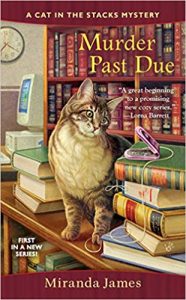 I’ve generally enjoyed the whole
I’ve generally enjoyed the whole 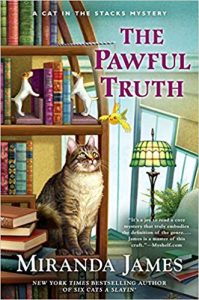 Escape Rating B-: I really, really, really wanted to get into this and love it because this series is such a comfort read for me. I adore Diesel, especially because he’s so himself and so cat at the same time – and he’s just a sweet boy and a smart cat at the cat level of smart. Not that I don’t love Joe Grey in his series, but Joe is human-smart and sometimes human-confused and human-conflicted and it’s a different experience.
Escape Rating B-: I really, really, really wanted to get into this and love it because this series is such a comfort read for me. I adore Diesel, especially because he’s so himself and so cat at the same time – and he’s just a sweet boy and a smart cat at the cat level of smart. Not that I don’t love Joe Grey in his series, but Joe is human-smart and sometimes human-confused and human-conflicted and it’s a different experience.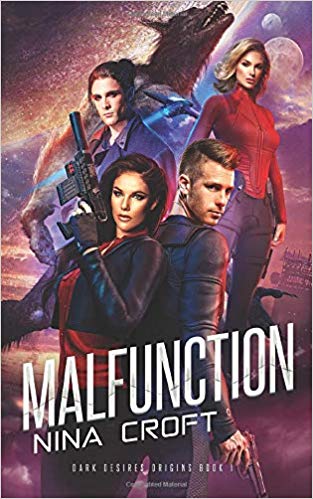 Malfunction by
Malfunction by 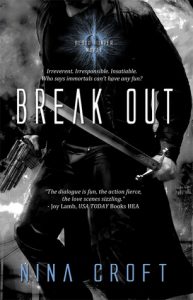 Once upon a time there was a book called
Once upon a time there was a book called